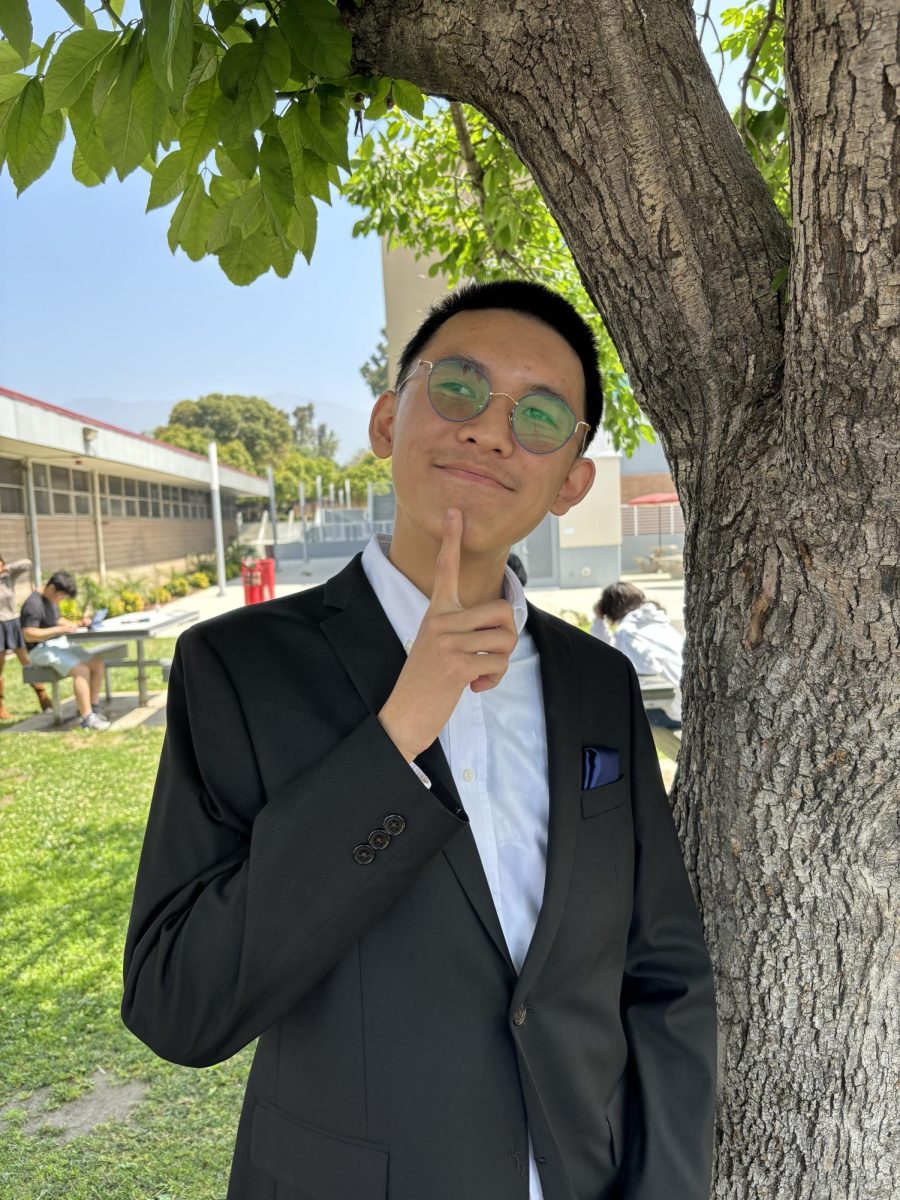“Academic weapon” a phrase uttered by every high schooler. To be an academic weapon is to be enrolled in a billion different courses, participate in extracurriculars and sports, and acquire service hours because it is not needed but it still looks good. Do not forget that the courses must be advanced placement, international baccalaureate, or college credit; because if not, they mean nothing. After all, what is better than six periods a day with a decent workload? Seven weighted class, obviously because at the end of the day, it is for colleges so it is worth it…right?
That is a summary of what the majority of high-achieving high school students think. Most alumni that took IB and or AP classes will also tell you the same. Applying for higher level classes will set you apart. In theory, taking college level courses gives you more insight into a certain subject and doing multiple after school activities allows you to make friends and it gives you something to do. However, those reasons are not what motivate most high school students. If you were to ask any student in an AP or IB class, they would say that they are doing it for credits, college applications, or for the fact that they are weighted. More often than not, the belief is that if you do all these things, you are guaranteed to get into a top tier college. It insinuates that the people who are heavily involved in high school are set for life. That, however, is an ideology created to make all the turmoil and self sacrifice worth it when acceptance into your dream school is never guaranteed.
According to Tanner Megna, a senior in California State University, Fullerton majoring in chemistry, school has warped itself into an institution that instead of prioritizing learning, prioritizes how many things you can balance at once.
“You take so many classes now compared to when you’re in university and every class from people I’ve talked to in high school recently is just busy work,” Megna said. “It’s just who can maintain their schedule the best and who can finish everything on time. It doesn’t test if you’re good at learning or if you’re smart, just how well you can manage your time.”
He recounted times where multiple of his fellow classmates regretted force feeding themselves higher level classes along with sports and extracurriculars because of the amount of burnout they got. It may have taught better time management, but in the end it did not help them that much.
The stress that comes with forcing yourself to take higher level classes for the chance of being accepted into a good college is a reality that almost every single high school student is faced with. Although, it does come from a relatively true place. While it is not a guarantee, there is no point in denying the fact that it does put you ahead of other people, just not consistently and as much as people would think.
According to an article published on the Stanford News website, in an interview with a lecturer at the Stanford Graduate School of Education, when taking AP classes it is “…true that students who take AP courses are more likely to succeed in college. But when you look deeper into the research, it’s really hard to establish causation.” The article later goes on to state that success depends on the high school and the students themselves. Going to a better high school usually means a better AP course which means that the student might not struggle as much in college. Regardless, taking so many AP classes, no matter the high school, can take a toll on student health.
All of this does not negate the fact that taking AP and or IB classes puts students at least a little further ahead. The problem is the idea that taking such rigorous courses guarantees the student a spot into any college. It establishes unhealthy ideas and pushes the student to put work above themselves, a cycle that will only continue in college. Creating a balanced work ethic as well as a healthy mindset is important; doing it all will only get yourself so far.
















